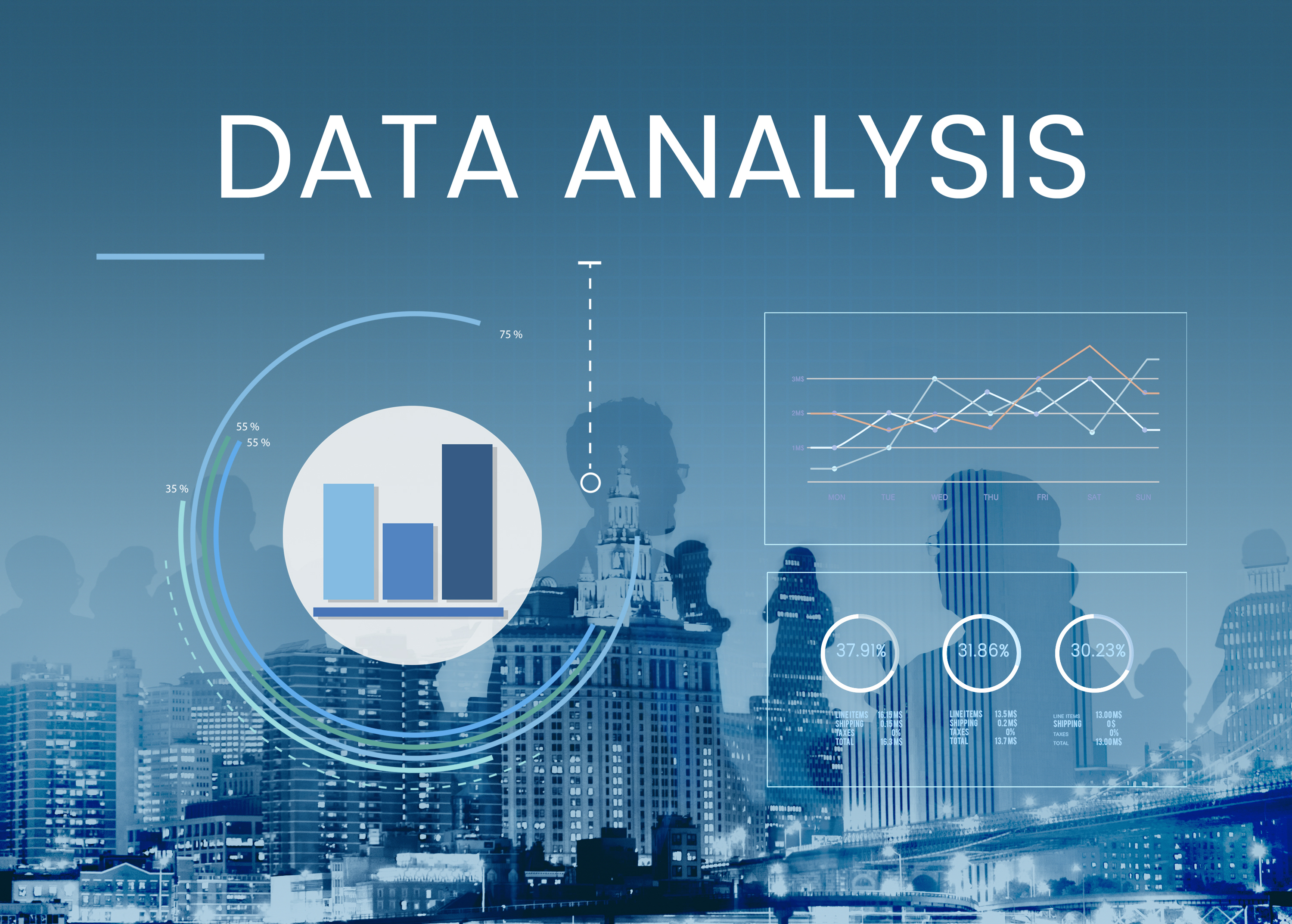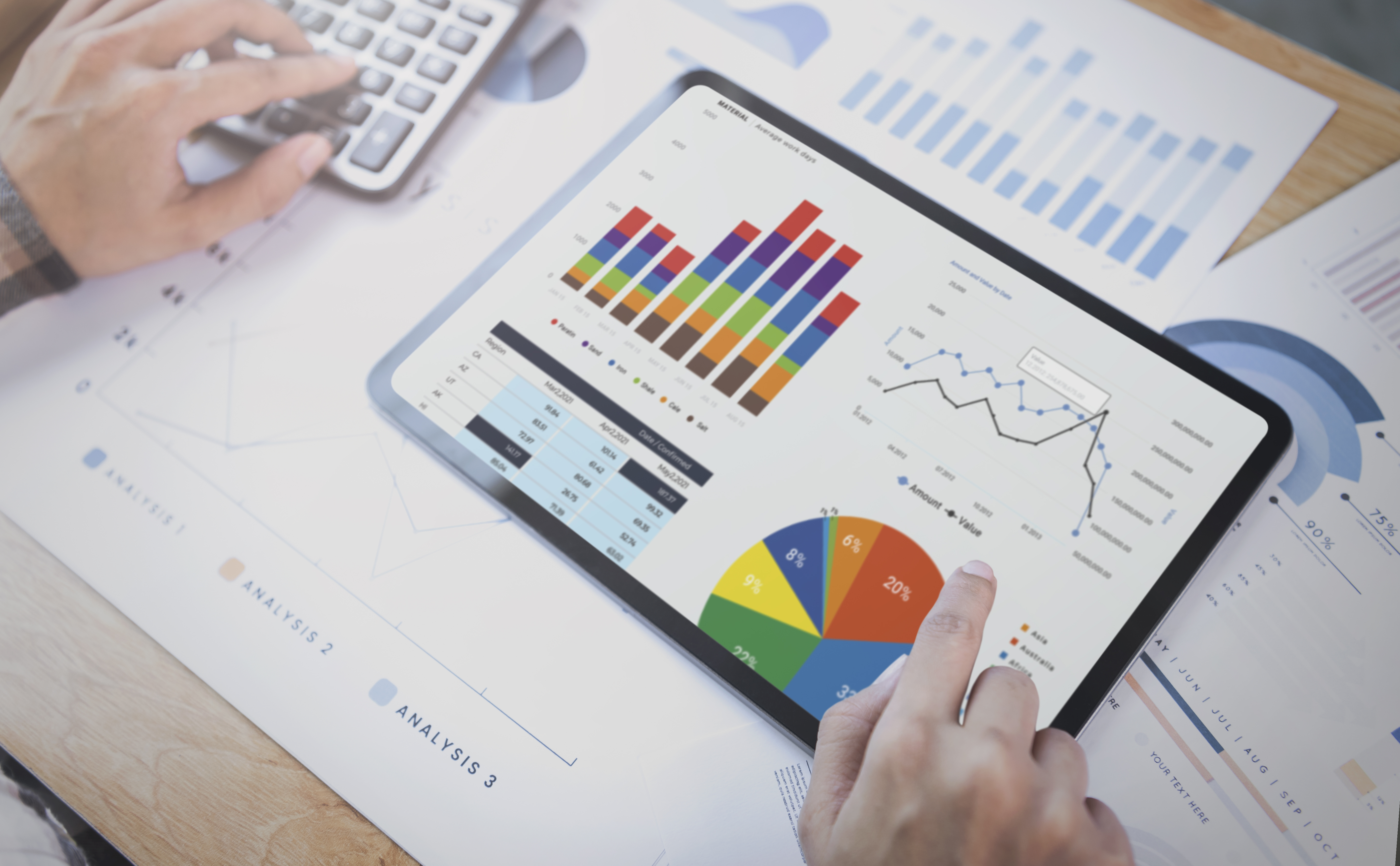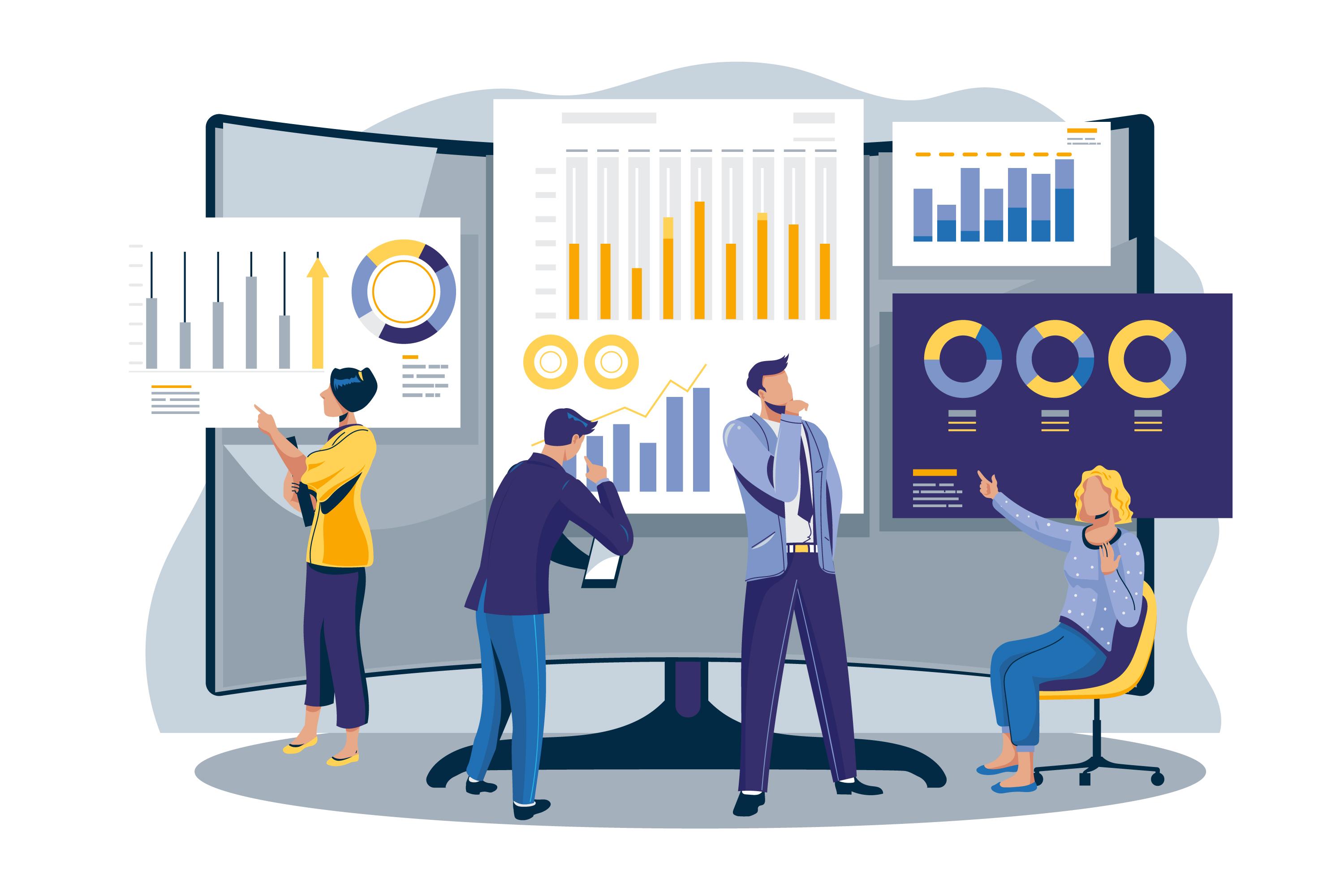In this project, I meticulously applied my SQL skills to cleanse and transform the housing data, ensuring that it adhered to the highest standards of quality. By identifying and addressing missing values, inconsistencies, and anomalies, I laid the foundation for reliable and trustworthy analyses.
Once the data was polished and ready, the real adventure began. Armed with my expertise in SQL, I delved deep into the dataset, exploring its intricacies and uncovering meaningful insights. Through advanced queries and calculations, I dissected the housing market, revealing key factors that influence property prices, rental trends, and much more.


Through this project, I realized that data exploration is not just about numbers and calculations—it's about unearthing the stories within the data and transforming them into actionable insights. By leveraging SQL as my tool of choice, I harnessed the full potential of the dataset, unlocking its power to drive meaningful outcomes.
I invite you to delve into my portfolio, where you can witness the transformative impact of data exploration projects. Discover how I navigate complex datasets, unveil hidden patterns, and provide valuable insights to empower organizations to make informed decisions.

Airbnb has revolutionized the way we travel and experience new places. In this project, I embarked on a captivating exploration of Airbnb housing data, seeking to understand the dynamics of this global platform and uncover valuable insights for both hosts and travelers.
With Tableau as my creative canvas, I harnessed its interactive and visually stunning features to craft immersive visualizations and dashboards. These captivating displays allowed me to showcase the diversity of Airbnb listings, regional variations in pricing, and trends in guest reviews, among many other fascinating aspects.

Using libraries like BeautifulSoup and Requests, I built a scraper that emulates human interaction with the website. With each scrape, I extracted product details, prices, customer ratings, reviews, and other pertinent information. By customizing the scraper's configuration, I was able to target specific categories, filter search results, and gather the data most relevant to my analysis.

The dashboard presents key findings, such as the most popular programming languages and tools used by data professionals, their preferred areas of specialization, and emerging trends in the industry. Furthermore, it provides actionable insights for organizations looking to enhance their data teams, improve skill development programs, or identify areas of growth.
View Project

During my Participation with TATA as a Virtual Experience Program, I did some business Visualization Project in order to identify trends and derive insights from the given data.Cleaning the given data is the first priority before visualizaing the data to derive insights and trends.

Mobile apps are everywhere. They are easy to create and can be lucrative. Because of these two factors, more and more apps are being developed. In this notebook, we will do a comprehensive analysis of the Android app market by comparing over ten thousand apps in Google Play across different categories. We'll look for insights in the data to devise strategies to drive growth and retention.

Given the large number of movies and series available on the platform, it is a perfect opportunity to flex our data manipulation skills and dive into the entertainment industry. Our friend has also been brushing up on their Python skills and has taken a first crack at a CSV file containing Netflix data. For their first order of business, they have been performing some analyses, and they believe that the average duration of movies has been declining.

The Nobel Prize is perhaps the world's most well known scientific award. Except for the honor, prestige and substantial prize money the recipient also gets a gold medal showing Alfred Nobel (1833 - 1896) who established the prize. Every year it's given to scientists and scholars in the categories chemistry, literature, physics, physiology or medicine, economics, and peace. The first Nobel Prize was handed out in 1901, and at that time the Prize was very Eurocentric and male-focused, but nowadays it's not biased in any way whatsoever. Surely. Right?
Well, we're going to find out! The Nobel Foundation has made a dataset available of all prize winners from the start of the prize, in 1901, to 2016.








